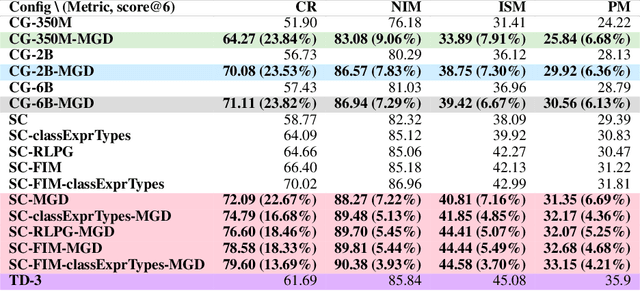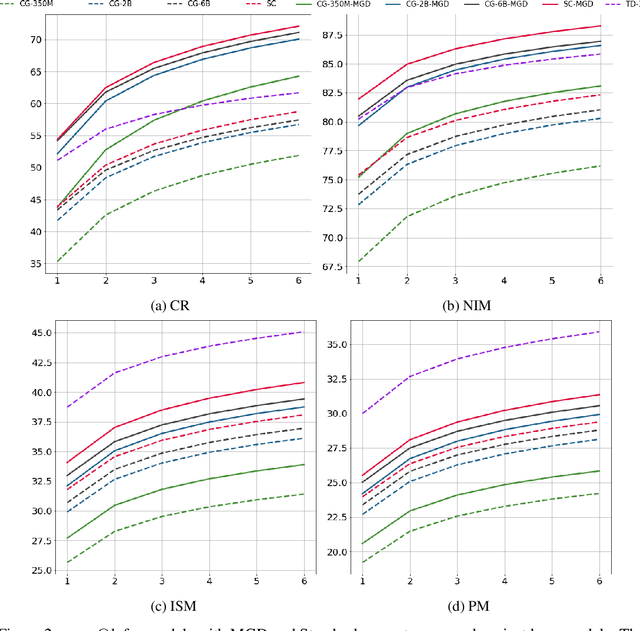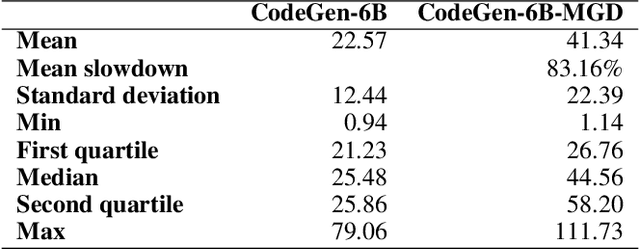Guiding Language Models of Code with Global Context using Monitors
Paper and Code
Jun 19, 2023



Language models of code (LMs) work well when the surrounding code in the vicinity of generation provides sufficient context. This is not true when it becomes necessary to use types or functionality defined in another module or library, especially those not seen during training. LMs suffer from limited awareness of such global context and end up hallucinating, e.g., using types defined in other files incorrectly. Recent work tries to overcome this issue by retrieving global information to augment the local context. However, this bloats the prompt or requires architecture modifications and additional training. Integrated development environments (IDEs) assist developers by bringing the global context at their fingertips using static analysis. We extend this assistance, enjoyed by developers, to the LMs. We propose a notion of monitors that use static analysis in the background to guide the decoding. Unlike a priori retrieval, static analysis is invoked iteratively during the entire decoding process, providing the most relevant suggestions on demand. We demonstrate the usefulness of our proposal by monitoring for type-consistent use of identifiers whenever an LM generates code for object dereference. To evaluate our approach, we curate PragmaticCode, a dataset of open-source projects with their development environments. On models of varying parameter scale, we show that monitor-guided decoding consistently improves the ability of an LM to not only generate identifiers that match the ground truth but also improves compilation rates and agreement with ground truth. We find that LMs with fewer parameters, when guided with our monitor, can outperform larger LMs. With monitor-guided decoding, SantaCoder-1.1B achieves better compilation rate and next-identifier match than the much larger text-davinci-003 model. The datasets and code will be released at https://aka.ms/monitors4codegen .
 Add to Chrome
Add to Chrome Add to Firefox
Add to Firefox Add to Edge
Add to Edge